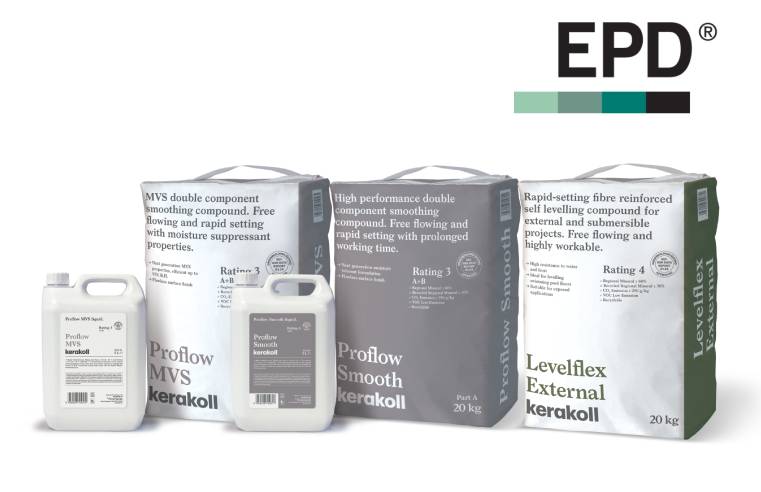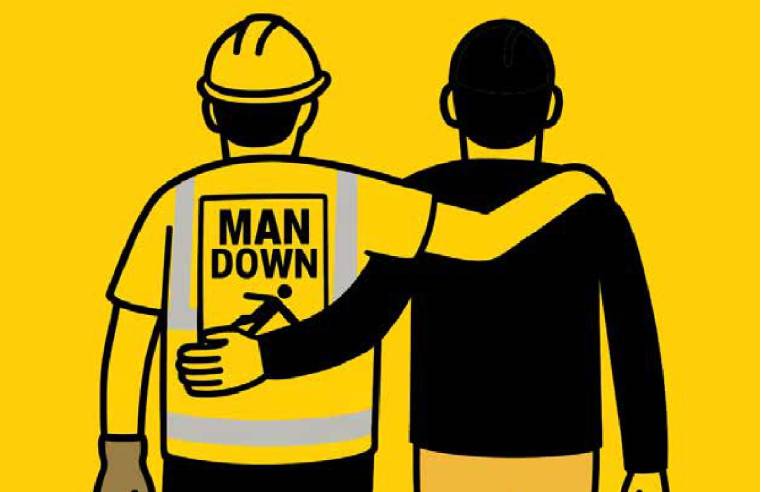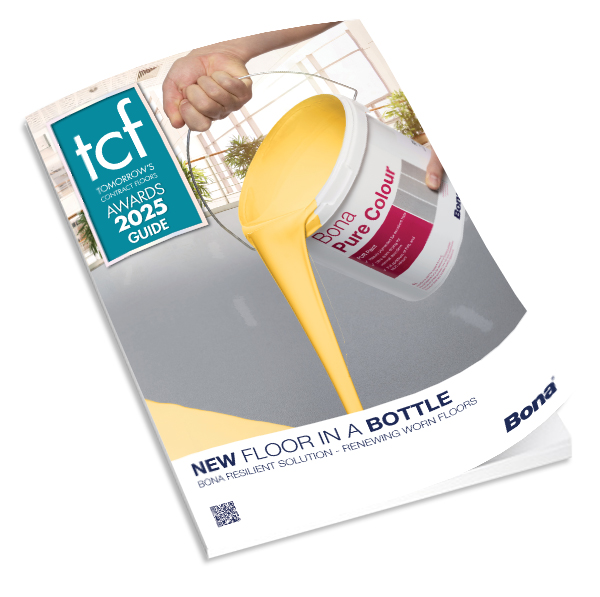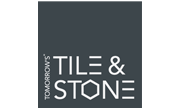Catherine Wilson, Partner and Head of Employment Law at Yorkshire law firm Keebles, provides guidance on latest developments around the extended furlough scheme and working from home.
The Chancellor announced on 5 November 2020 that the Coronavirus Job Retention Scheme will be in place until 31 March 2021.
For claim periods running to January 2021, employees will receive 80% of their usual salary for hours not worked, up to a maximum of £2,500 per month. Employers will be liable for pension and national insurance contributions which makes the scheme more generous than the one running in September and October.
There is, however, the rather ominous comment that this percentage may be reviewed. This will depend on the status of COVID-19 in the new year and may lead to a reduced contribution for February and March 2021. However, the three months of stability and certainty will surely be welcomed by businesses and employees.
The Government has also announced further options will now be available for those whose work is affected by shielding.
Full guidance will be published on the 10 November however, in the meantime the Chancellor also confirmed that employees can be furloughed if they are shielding in line with public health guidance or who need to stay at home with someone who is shielding. That does not of course mean that they must be furloughed but again this may ease some difficult workplace conversations.
More controversially, it appears that employees that were employed and on payroll on 23 September 2020 who were made redundant or stopped working for their employer before the 31 October 2020 can be redeployed and claimed for under extended furlough.
The devil will be in the detail, but it seems unlikely that this type of reinstatement will be compulsory, and we would strongly advise businesses to take legal advice before doing so. At the same time Government pockets are not unlimited and not only has the Job Support Scheme been suspended but the Job Retention Bonus scheduled for the end of January 2021 has also been placed on hold.
The Government has also released further guidance around working from home and what employees and employers need to consider.
As part of the new national lockdown the Government has also amplified the rules on home working which has been formally encouraged by Government guidance since September 2020. As of the 5 November, the Government has now issued the Health Protection (Coronavirus, Restrictions) (England) (No. 4) Regulations 2020.
These provide that a person can now only leave home if they have a ‘reasonable excuse’ for doing so including if one of the exceptions provided for in the Regulations applies.
One of these exceptions relates to ‘work, voluntary services, education and training etc’. For this exception to apply, it must be ‘reasonably necessary’ to leave or be outside one’s home. This is further defined as meaning ‘for the purposes of work or to provide voluntary or charitable services, where it is not reasonably possible to work, or to provide those services, from home.
In short, our interpretation is that an employee should now work from home unless it is not reasonably possible for them to undertake the work from their own home. For example, operative staff and their supervisors in a manufacturing environment cannot work from home as this is not reasonably possible.
We think this is much more difficult to establish in the case of managerial, administrative, sales staff and so on. Each case would probably need to be dealt with on a role-by-role, if not an individual, basis.
A blanket instruction that non-operational staff are to be on site 24/7 seems unlikely to be justified. In contrast an employer may be able to argue that directors and senior managers are required on site for specific pieces of work or functions on, say, a part-time basis.
There is very little commentary available as yet. We also do not know how strictly this will be policed but employers need to review their current arrangements and staff instructions to ensure they remain appropriate in this new ‘normal’ environment.
This guidance is correct as of 5 November 2020 and as this is a very fluid situation, we advise businesses to take specific advice on the application of the new rules.
For any queries or advice, please contact Keebles’ Employment team on employment@keebles.com.


























